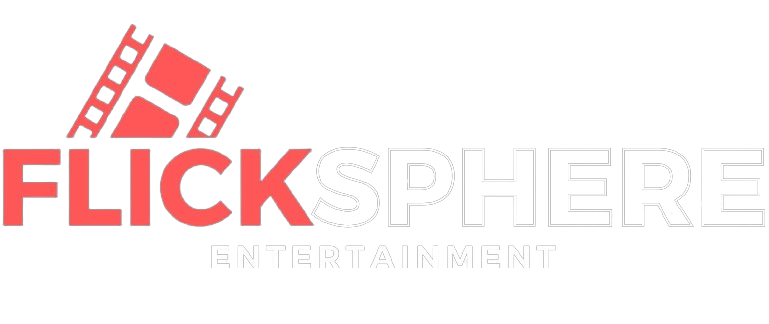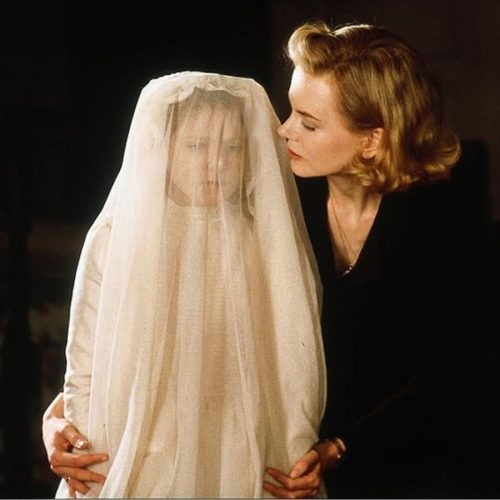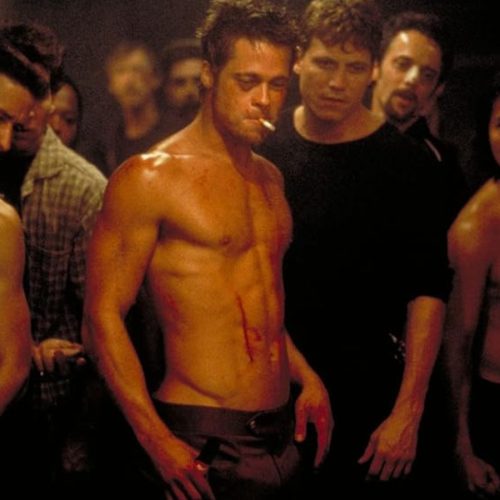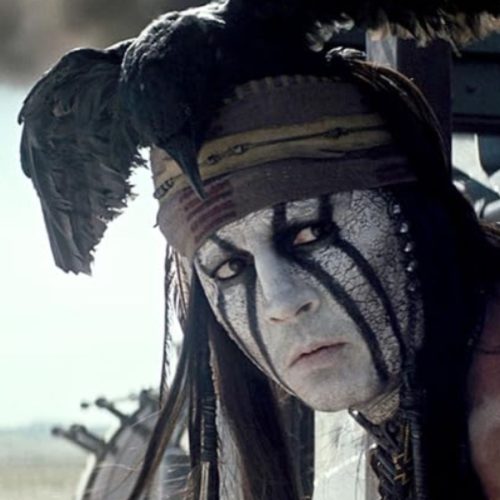Humor that once brought uproarious joy and approval may now be deemed inappropriate or offensive by today’s standards. In light of this, we look at a selection of once brilliant comedy films, which, given the current cultural climate, are unlikely to see the light of production or elicit the same laughter they once did—unless you fondly recall growing up with them.
Clerks (1994)
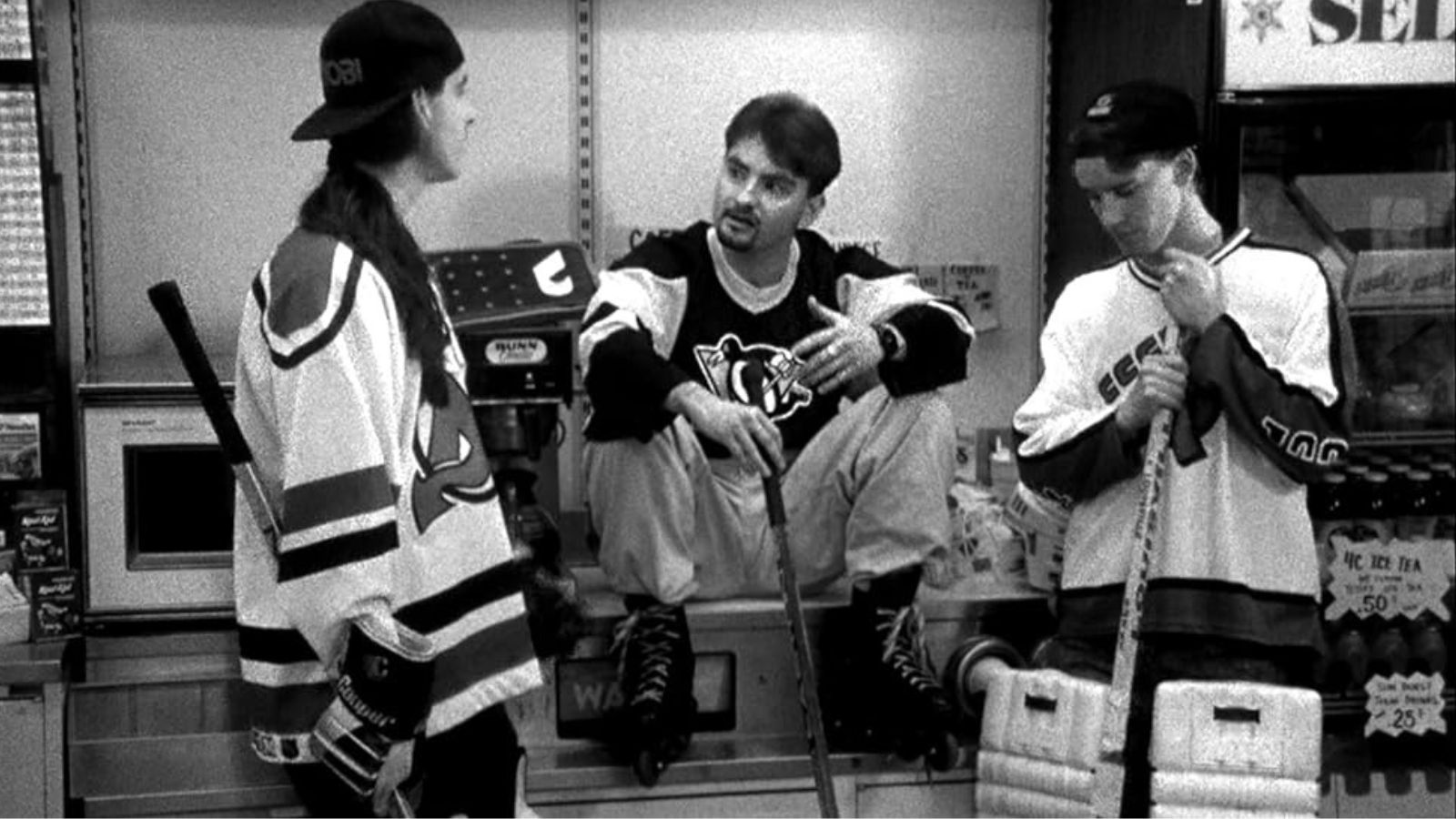
Kevin Smith filmed and released the indie black-and-white comedy “Clerks” in 1994, showcasing a day in the lives of two store clerks. Despite gaining a cult following and propelling Smith’s career, contemporary standards deem its crass humor and explicit language insensitive and exclusive. Today’s values prioritize more inclusive and respectful storytelling, warranting a shift in approach to align with modern sensibilities and ensure a more considerate and thoughtful portrayal of characters and comedy.
Sixteen Candles (1984)
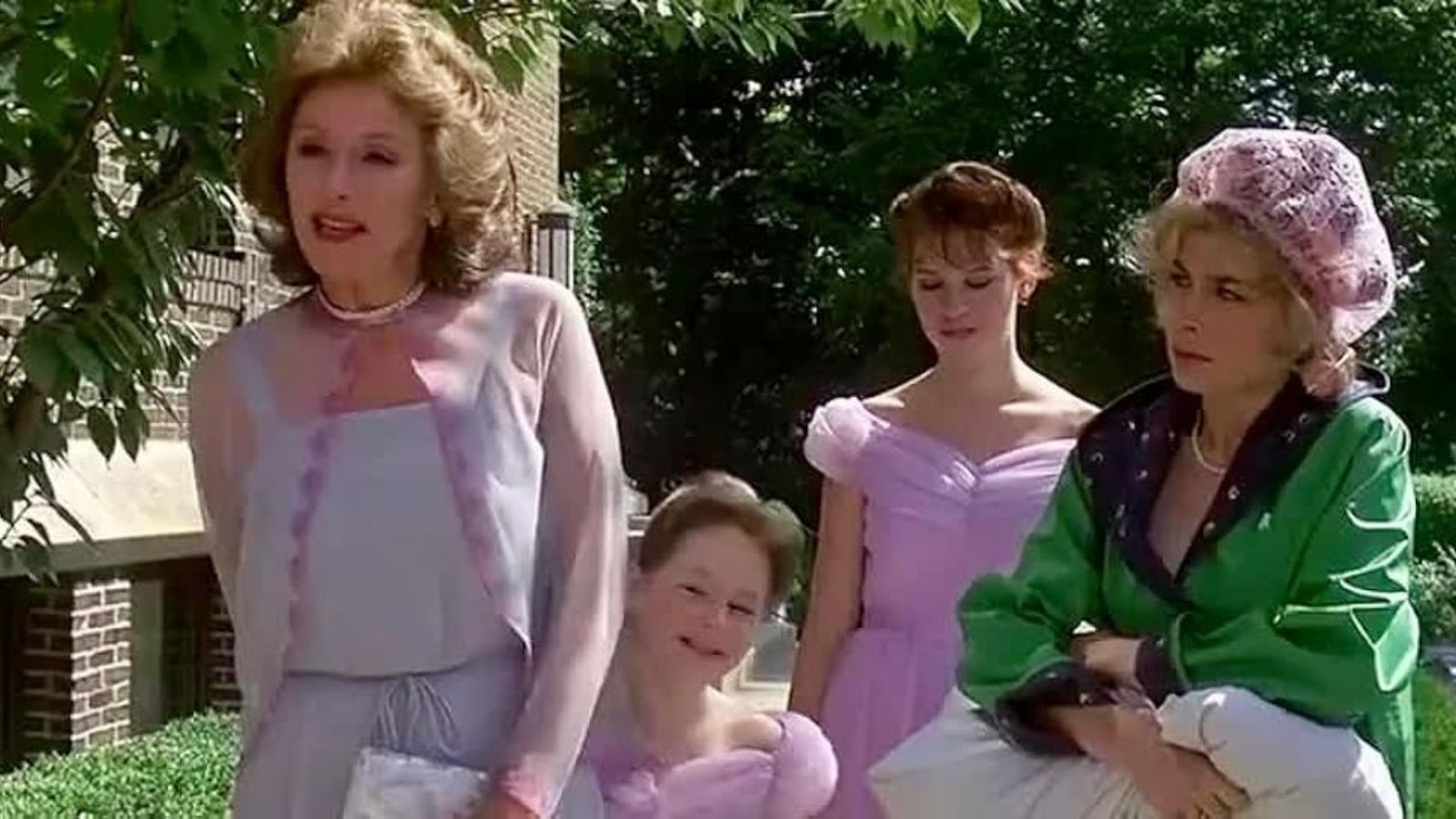
John Hughes directed the coming-of-age comedy “Sixteen Candles” in 1984, exploring the trials and tribulations of adolescence. However, the film’s portrayal of the Asian exchange student, Long Duk Dong, perpetuates harmful racial stereotypes, making it highly inappropriate and disrespectful in today’s cultural climate. Contemporary sensibilities call for more responsible storytelling that rejects stereotypes and promotes inclusivity, underscoring the need for a more thoughtful and sensitive approach to film representation.
Tropic Thunder (2008)
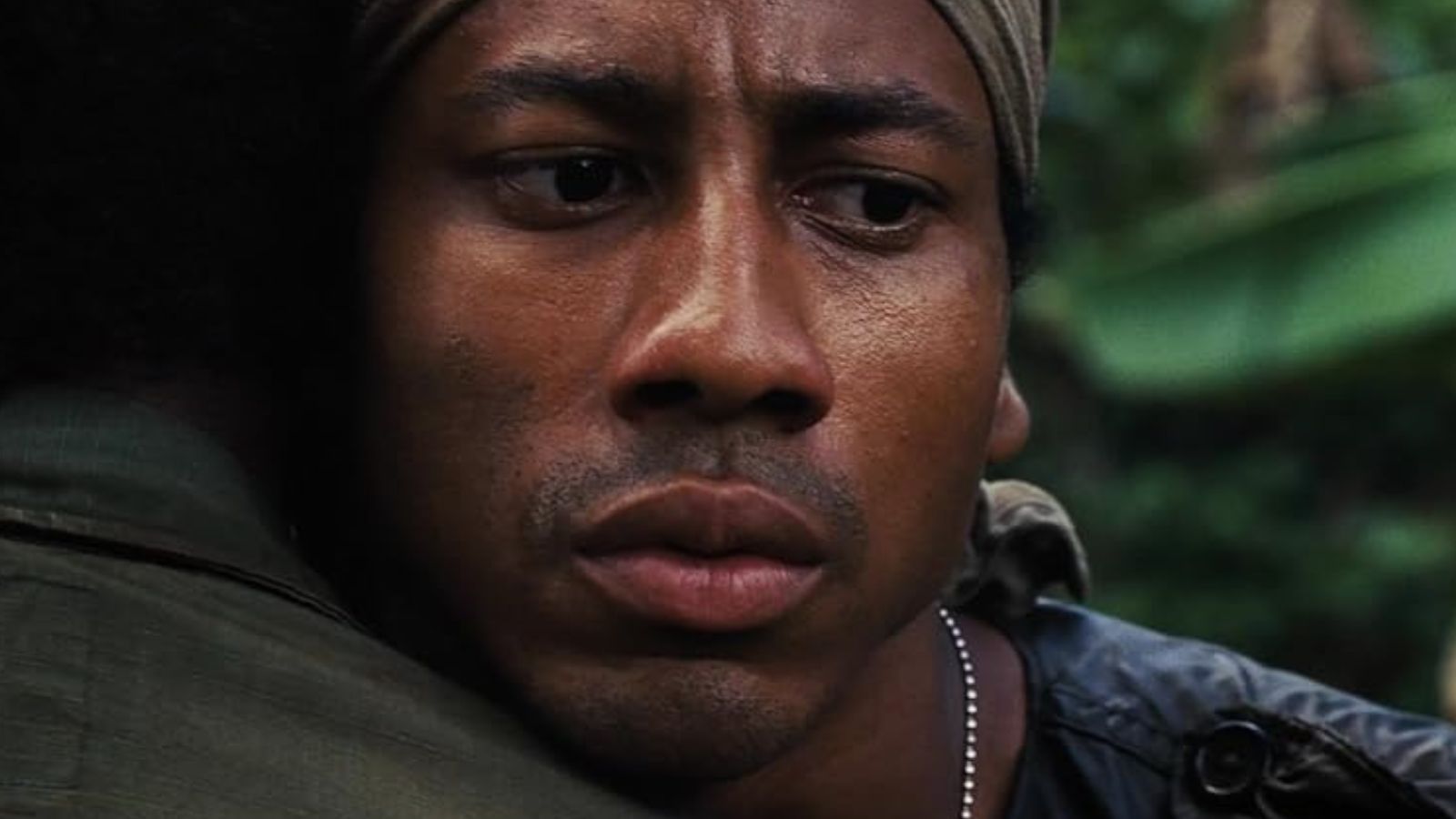
Directed by Ben Stiller, the action-comedy “Tropic Thunder” cleverly satirizes the film industry and war movies. Despite its positive reviews and commendable performances, today’s awareness of racial sensitivity and the use of blackface and offensive elements would preclude its production. While once lauded, the film’s content now clashes with contemporary values, necessitating a more culturally responsible approach to storytelling that respects and uplifts diverse communities.
Weird Science (1985)
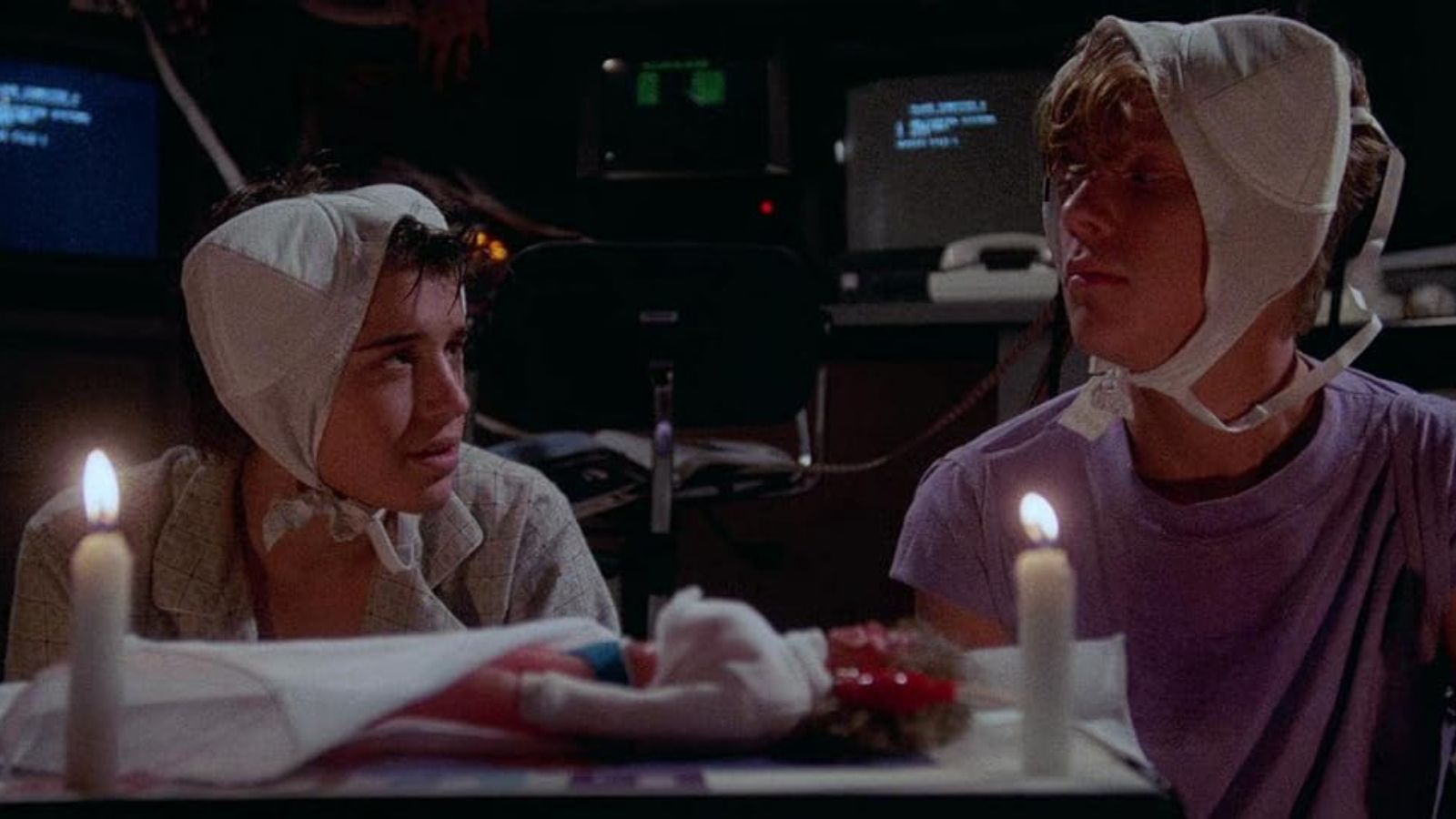
John Hughes directed the teen comedy “Weird Science,” where two socially awkward high school boys create their ideal woman using computers. However, the film’s content featuring scenes and ideas that objectify women, reducing them to objects to be designed and controlled, contradicts contemporary principles of consent and respect. In today’s context, such portrayals raise concerns about gender equality and demand a more responsible approach to storytelling that champions respectful and empowering representations of women.
Silver Streak (1976)
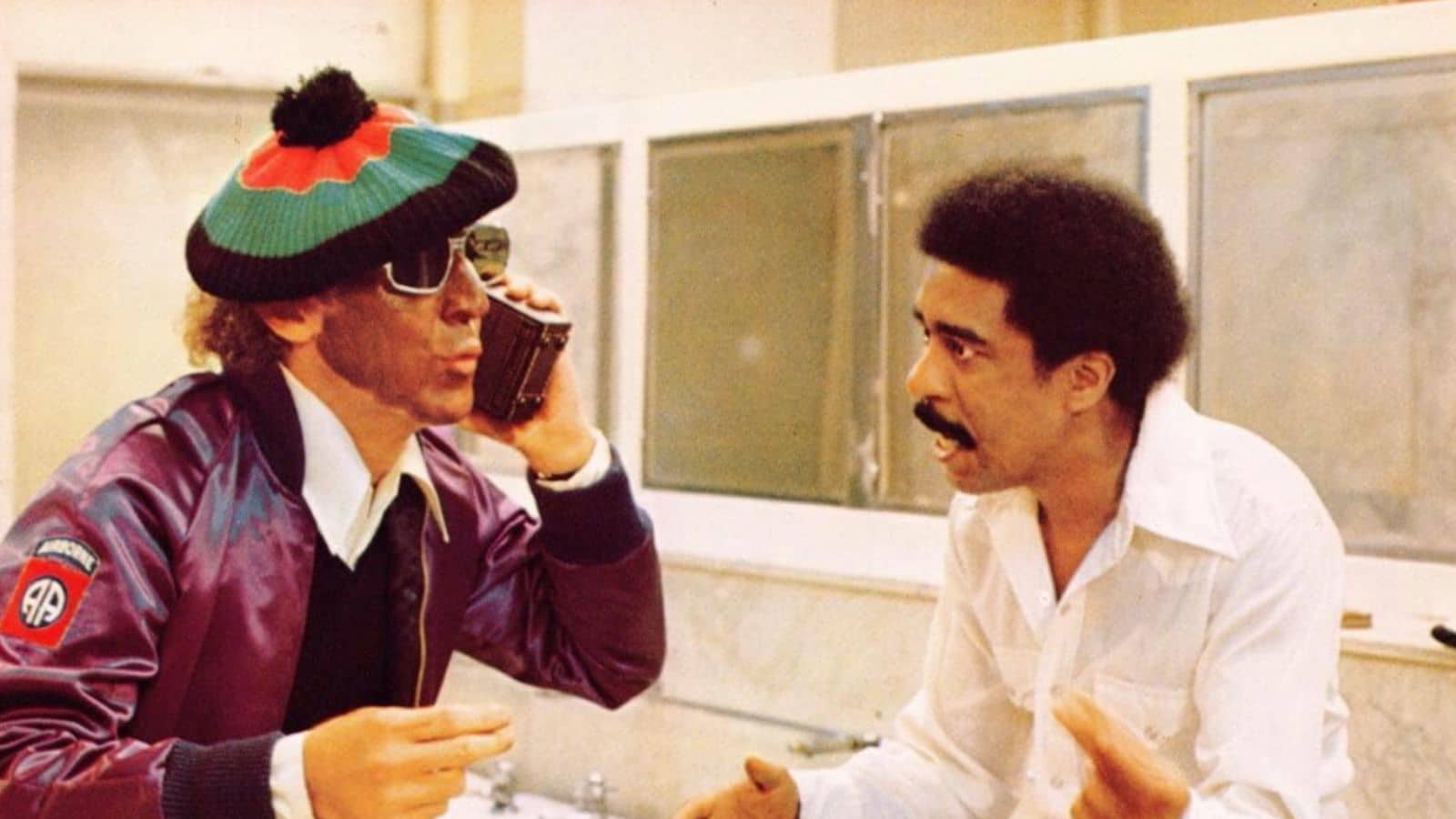
In 1976, Arthur Hiller directed the comedy-thriller “Silver Streak,” featuring Gene Wilder and Richard Pryor. Although a hit in its era, the film’s usage of blackface would impede its production today. With Gene Wilder’s character pretending to be Black, such portrayal is now regarded as profoundly disrespectful and inappropriate, conflicting with contemporary values prioritizing sensitivity, inclusivity, and respect for racial representation. As a result, the film’s content necessitates a more culturally responsible approach that aligns with modern societal norms and sensibilities.
Three Amigos! (1986)

John Landis directed the 1986 comedy film “The Three Amigos,” where three silent movie actors are mistaken for heroes in a Mexican town. Although praised for its humor and nostalgic Western tribute, today’s concerns regarding stereotypes and cultural appropriation would impede its production. Once celebrated, the film’s lighthearted approach may now be seen as insensitive, necessitating a more thoughtful and culturally aware approach to storytelling that respects diverse backgrounds and avoids perpetuating harmful stereotypes.
Aladdin (1992)
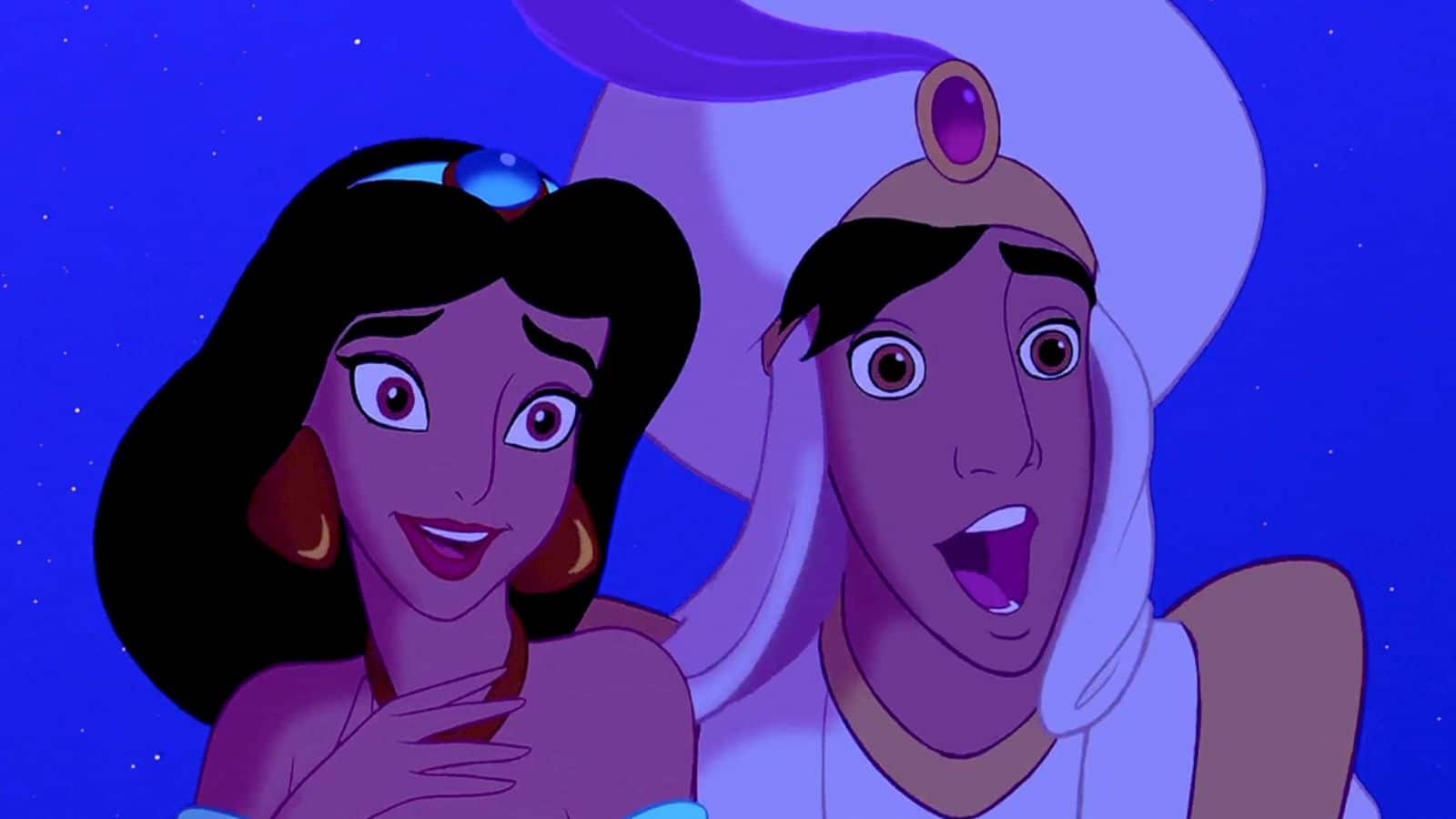
In 1992, Walt Disney Pictures crafted the animated musical fantasy film “Aladdin,” skillfully directed by Ron Clements and John Musker. Though an immense hit and a cherished classic, the film’s production today would face challenges concerning cultural representation. As contemporary values emphasize cultural sensitivity and respect, a more nuanced and inclusive approach to storytelling would be essential to navigate the complexities of the film’s content and ensure a culturally responsible narrative.
Ace Ventura: Pet Detective (1994)
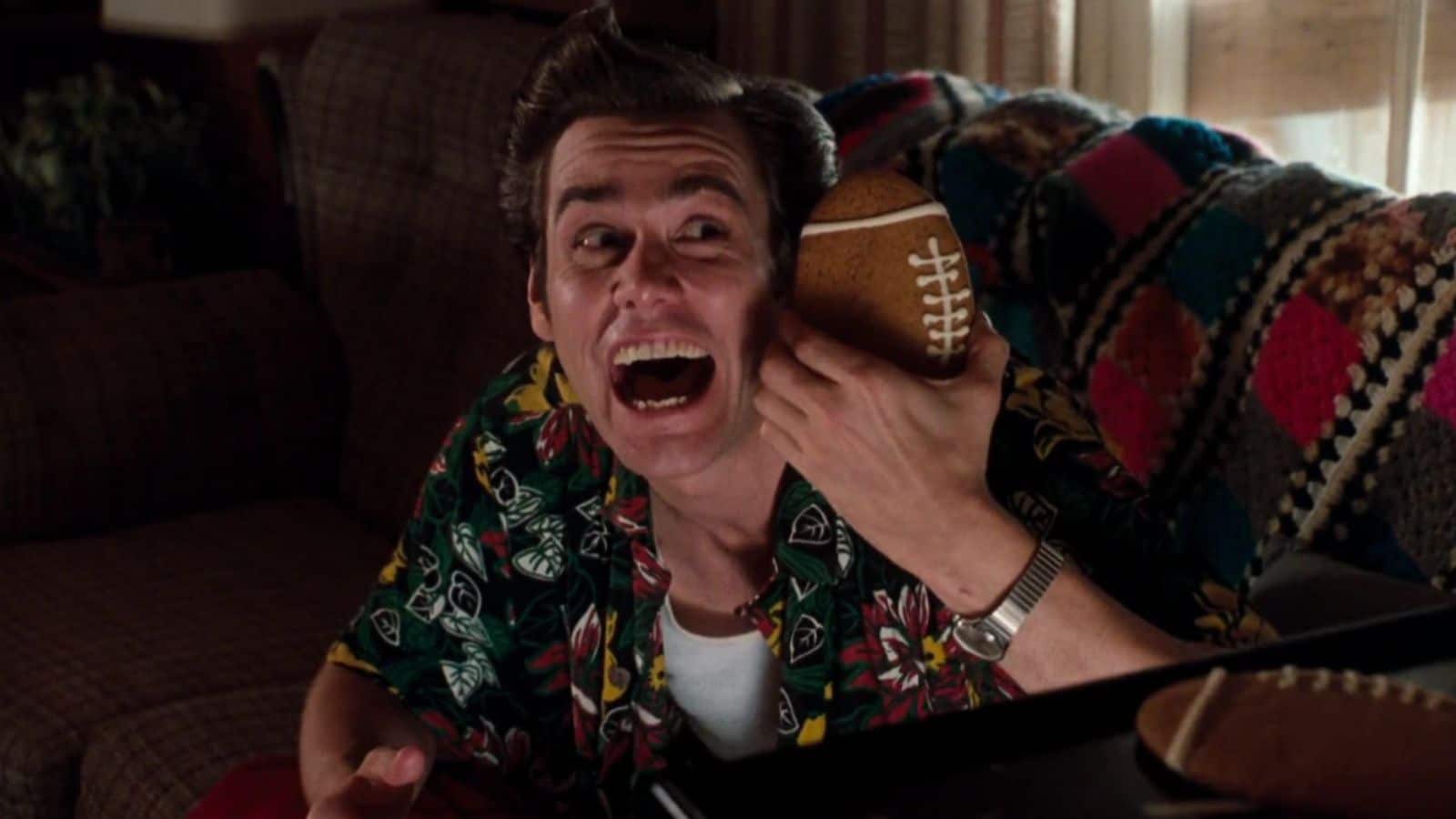
In the 1994 comedy film “Ace Ventura: Pet Detective,” directed by Tom Shadyac, Jim Carrey takes on the role of an eccentric detective with a knack for locating lost animals. While a financial triumph that propelled Carrey’s career, the movie’s production would be unlikely in today’s context due to concerns surrounding its portrayal of transgender individuals. Modern sensibilities prioritize respectful and accurate representations, making the film’s content incompatible with current standards and emphasizing the need for more inclusive and sensitive storytelling.
American Pie (1999)
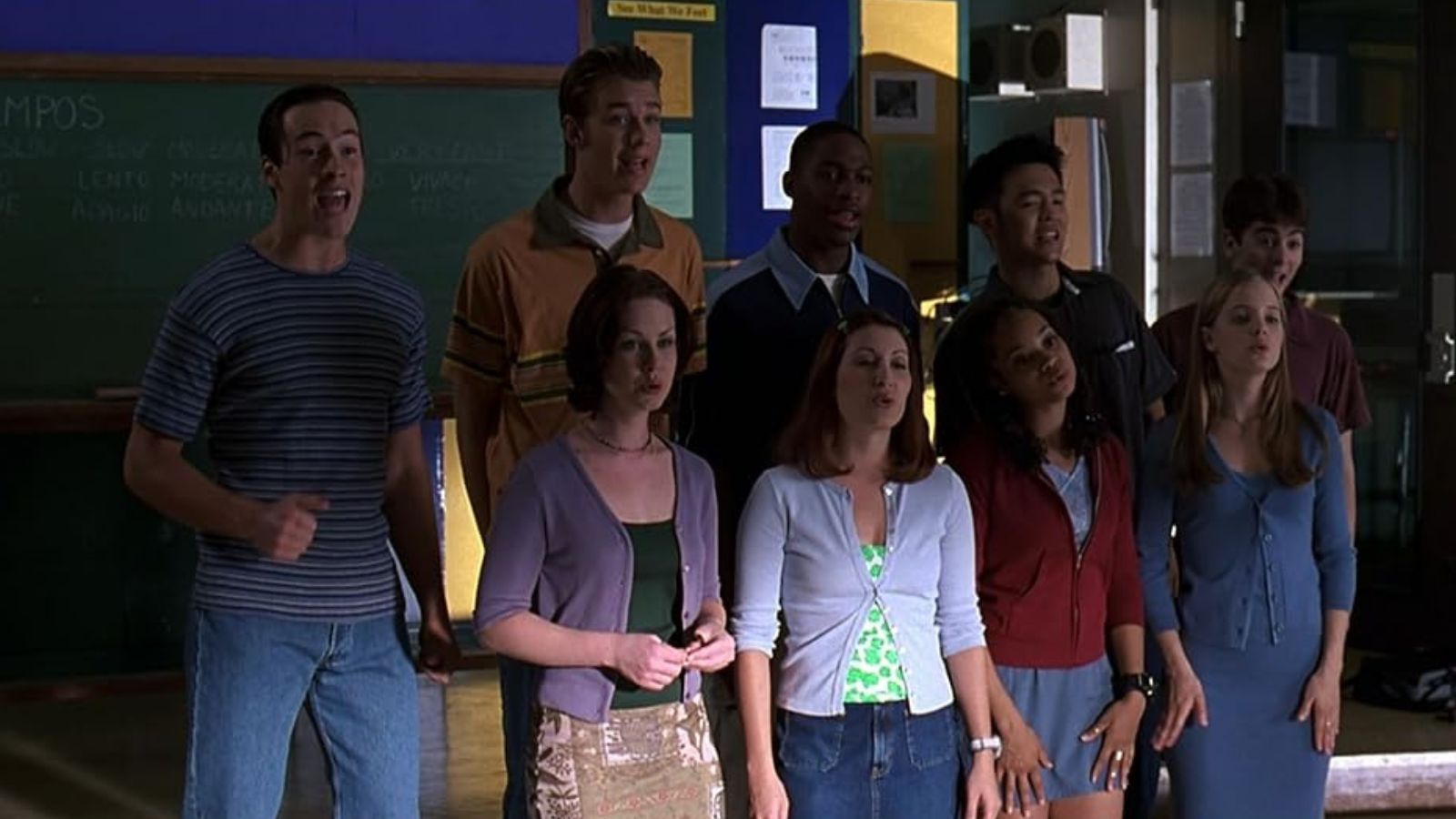
Directed by Paul Weitz, the explicit teenage comedy “American Pie” follows high school friends on a quest to have their first intimate experience. Despite its box office triumph and genre-defining status, contemporary concerns about the objectification of women and the perpetuation of harmful stereotypes would hinder its production today. While once celebrated, the film’s content now clashes with modern sensibilities, necessitating a more conscientious and respectful approach to storytelling that promotes healthier and more inclusive representations of gender and relationships.
Revenge of the Nerds (1984)

Jeff Kanew’s 1984 film “Revenge of the Nerds” follows a determined clique of college students and social misfits as they endeavor to prove their value. While the movie enjoyed popularity during its time, contemporary sensitivities toward consent and ethical portrayal impede its revival. Once embraced for its comedic charm, the film’s narrative now clashes with modern standards of respect and personal boundaries, making it challenging to envisage a contemporary production that aligns with the evolving expectations and awareness surrounding these crucial issues.
48 Hrs. (1982)
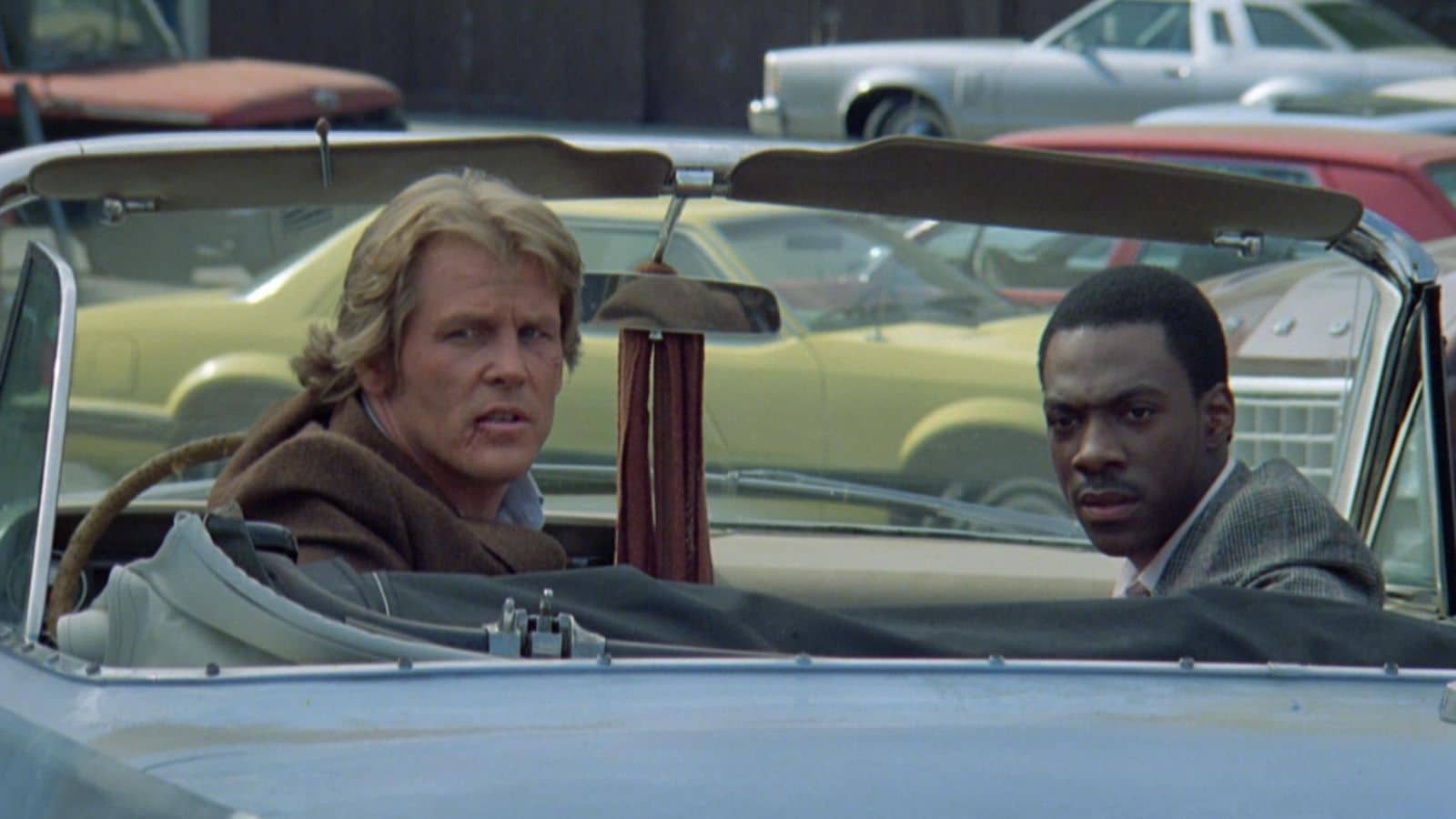
alter Hill’s 1982 action-comedy “48 Hours” depicts a cop and a prisoner, an odd pair teaming up to catch criminals. Though successful in its era, today’s concerns over racial stereotypes and character interactions hinder its production. The movie’s emphasis on outdated portrayals of race would face significant criticism in the contemporary context, necessitating a more nuanced and inclusive approach to storytelling that aligns with present-day expectations and sensitivity to diverse representation.
Heathers (1988)
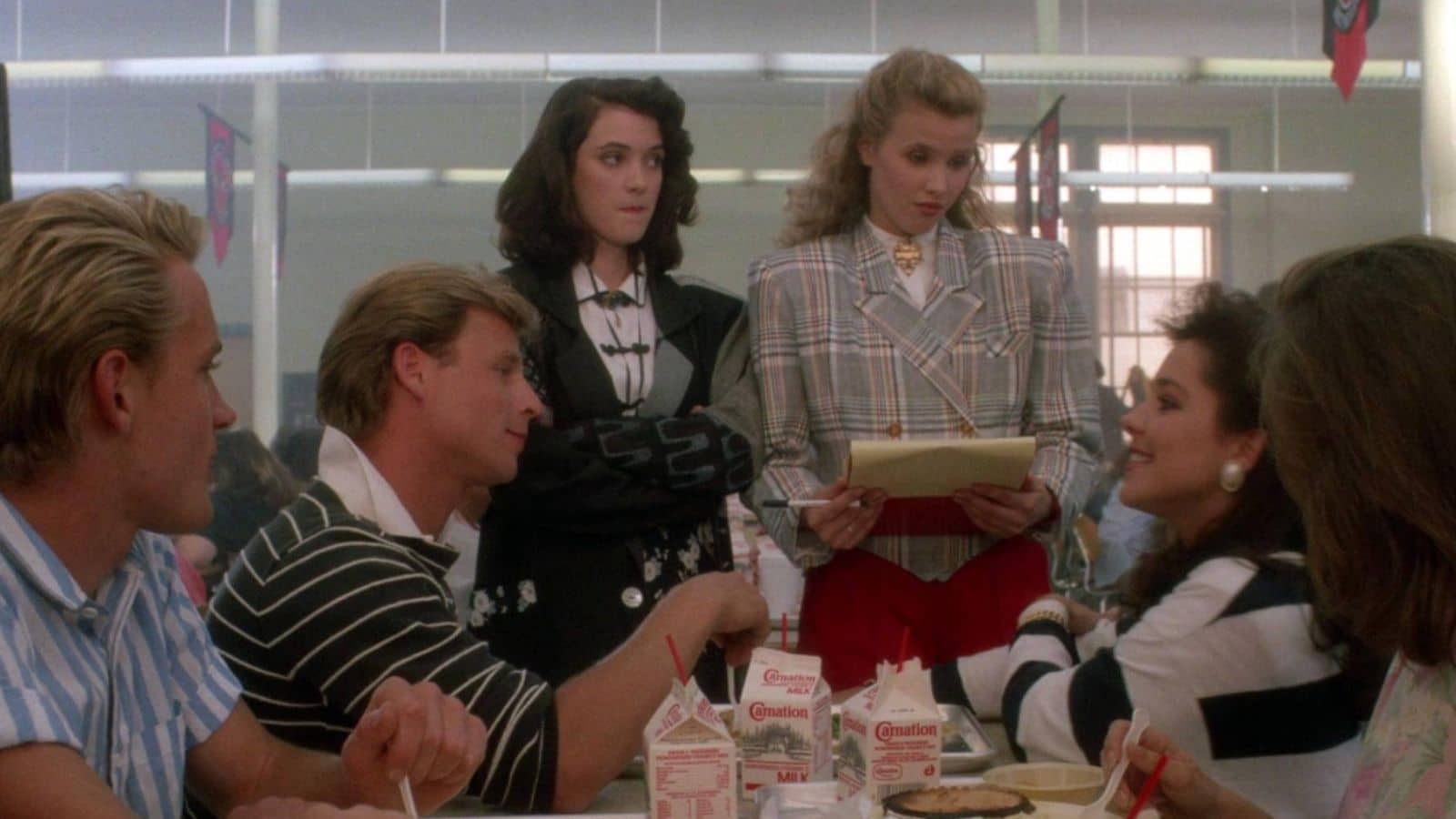
Michael Lehmann’s 1988 film “Heathers” is a dark comedy delving into teen suicide, violence, and high school cliques, earning praise for its biting wit and societal commentary. However, the movie’s production today would be unlikely due to concerns over its treatment of delicate and severe subjects. In the present, a heightened awareness of mental health and social responsibility demands more sensitive portrayals, necessitating a thoughtful and compassionate approach to storytelling, different from the film’s edgy and irreverent tone from the past.
Porky’s (1981)

In 1981, director Bob Clark unveiled “Porky’s,” an explicit teenage comedy. While it found an audience at the time, the film’s content features scenes that are now considered highly improper and disrespectful in today’s cultural landscape. The portrayal of female characters has drawn intense criticism for their degradation and abuse, starkly contrasting the contemporary drive for respect, inclusivity, and the rejection of harmful stereotypes. Such content would undoubtedly face significant backlash if released in today’s more conscientious and socially aware climate.
Big (1988)
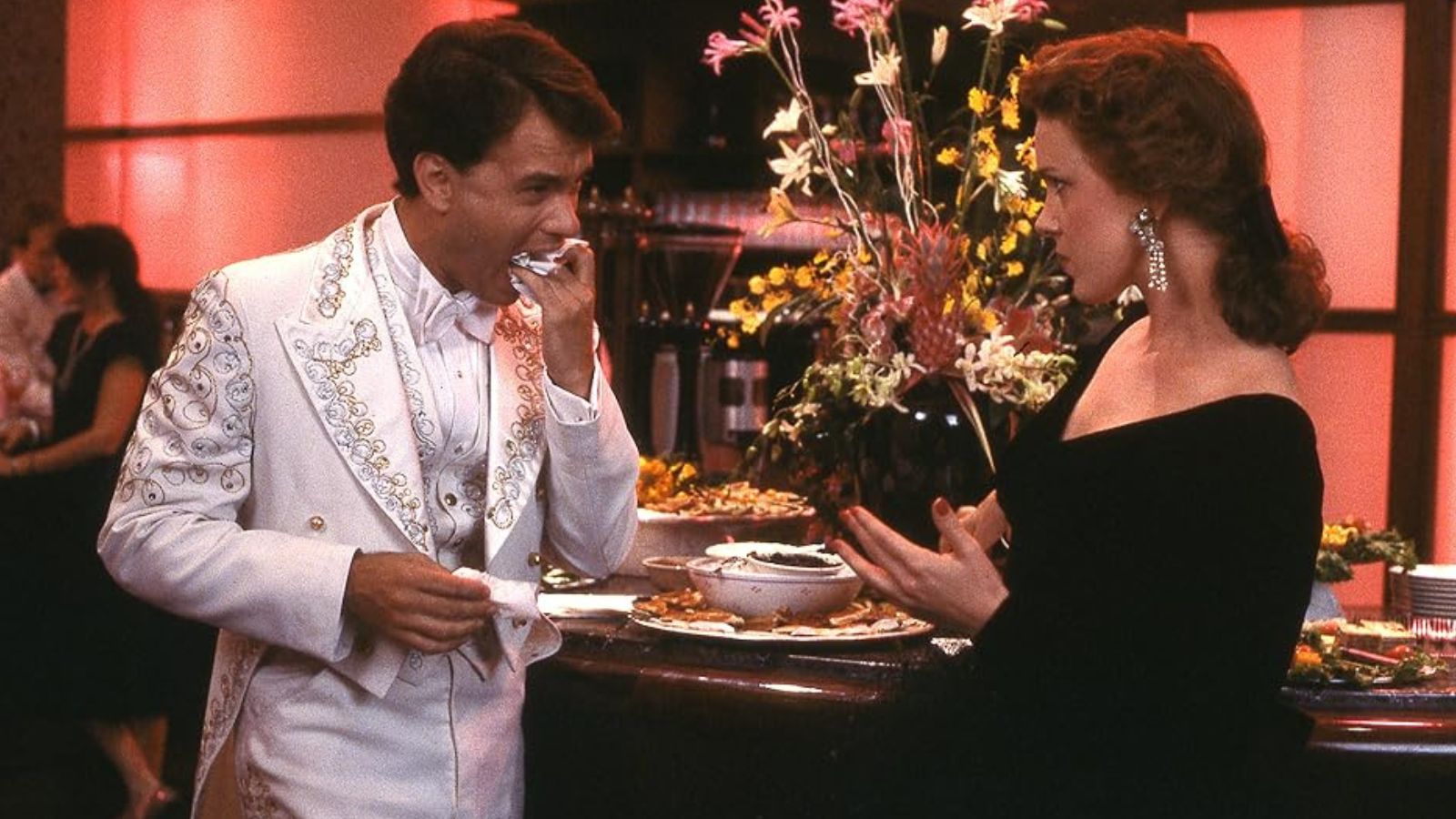
Directed by Penny Marshall in 1988, the film “Big” follows a young boy who magically transforms into an adult overnight. Although a hit with critics and at the box office, the movie’s production would be unlikely today due to concerns surrounding the romantic relationship between an adult woman and a child trapped in an adult body. Modern sensibilities prioritize ethical storytelling, making such content incompatible with current standards and the imperative of promoting healthy and appropriate relationships on screen.
Crocodile Dundee (1986)
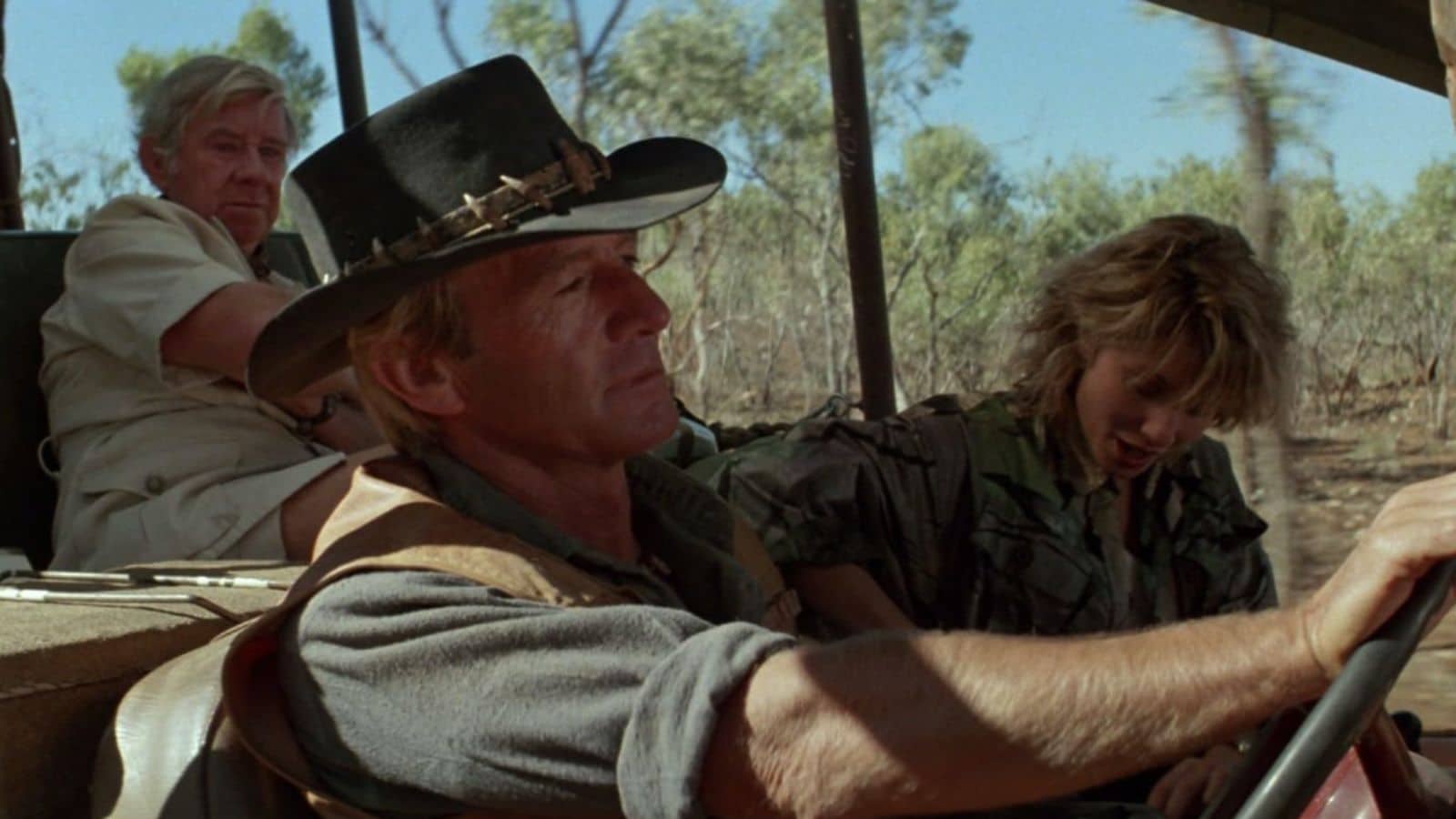
Directed by Peter Faiman in 1986, the fish-out-of-water comedy “Crocodile Dundee” amusingly portrays an Australian bushman’s adventures in New York City. While a commercial triumph, the film’s depiction of Indigenous cultures and perpetuation of stereotypes would be met with criticism in present times. Modern sensitivities prioritize respectful and accurate portrayals of diverse communities, urging a reevaluation of the movie’s content and a more responsible approach to storytelling to align with contemporary values of inclusivity and cultural sensitivity.
Caddyshack (1980)
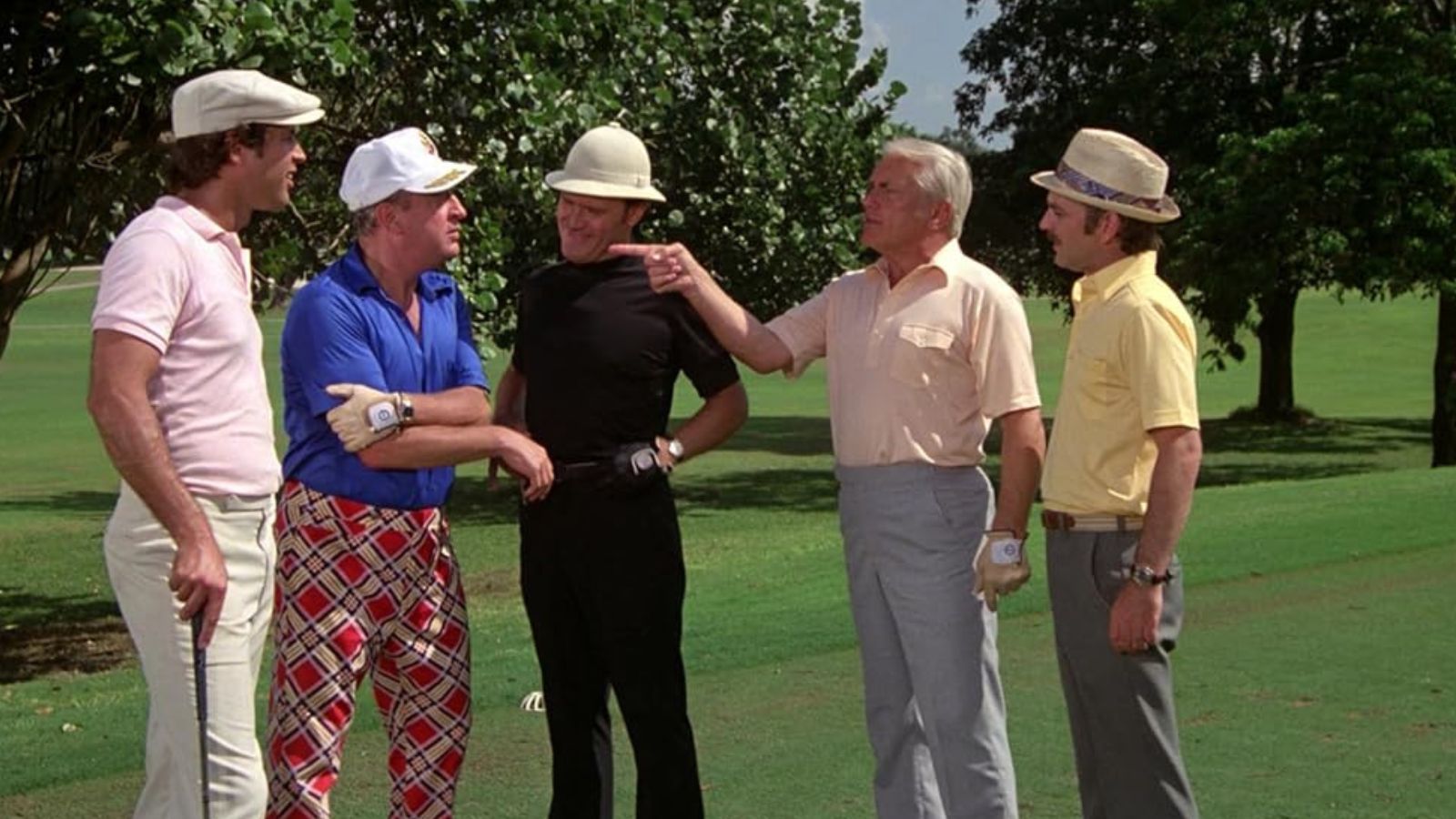
Directed by Harold Ramis in 1980, the comedy classic “Caddyshack” unfolds in a country club, garnering praise for its vibrant characters and comedic brilliance. Yet, in the present, the film faces criticism for its portrayal of women, perpetuating gender stereotypes. Featuring scenes and gags that objectify women, it clashes with modern ideals of respect and inclusivity, underscoring the evolving societal norms that challenge its once-celebrated humor.
Police Academy (1984)
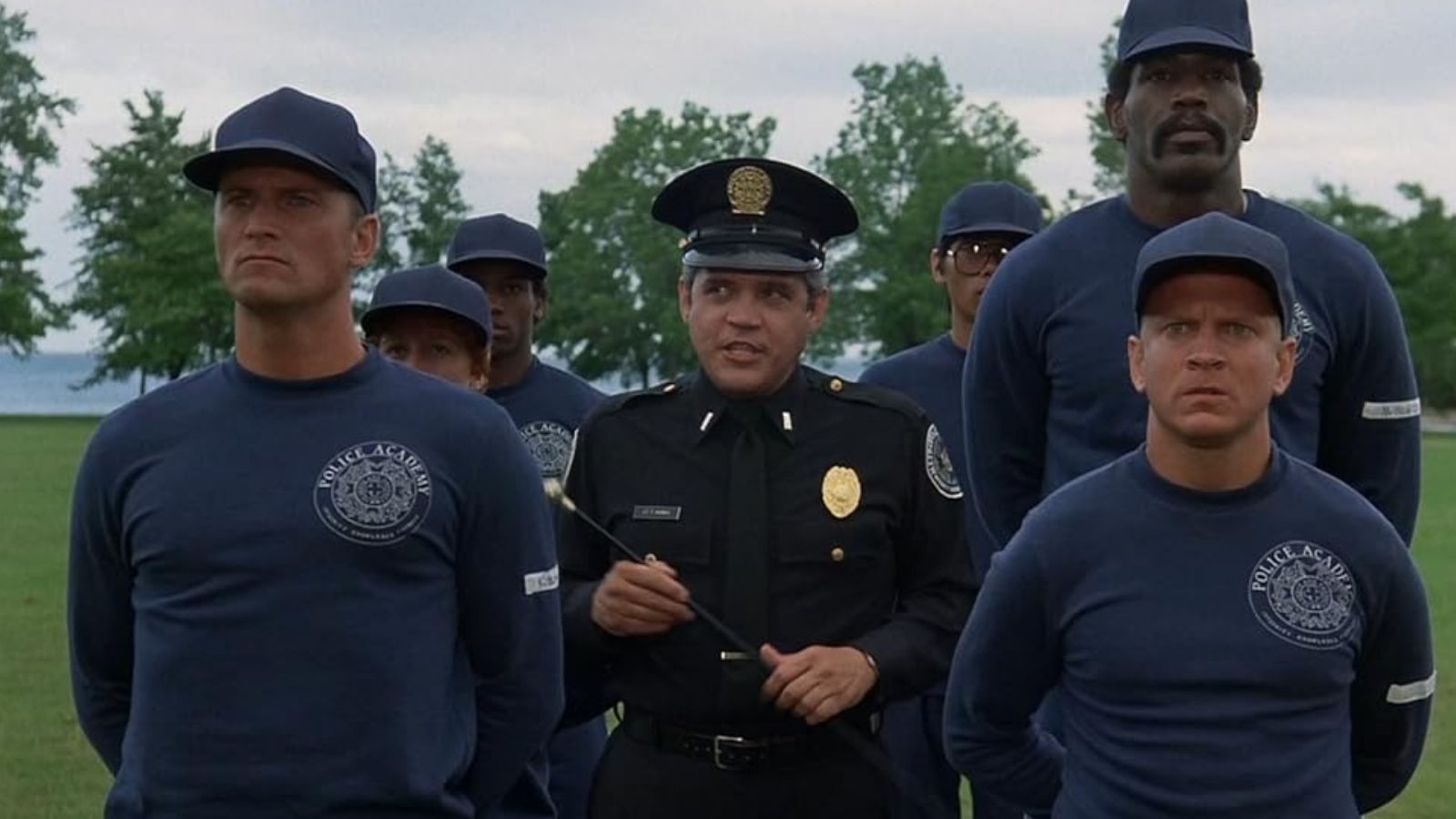
eleased in 1984 and directed by Hugh Wilson, the comedy “Police Academy” centers around a quirky ensemble of police cadets. Despite its financial triumph and subsequent sequels, the film’s production would be unlikely in today’s context due to its reliance on crude humor and insensitive portrayals of diverse characters. Lingering within the movie are jokes that perpetuate outdated and offensive stereotypes concerning race, gender, and personal identities, which no longer align with contemporary values of inclusivity and sensitivity. Such content would undoubtedly face immense scrutiny and condemnation in today’s more enlightened and socially conscious filmmaking landscape.
Teen Wolf (1985)
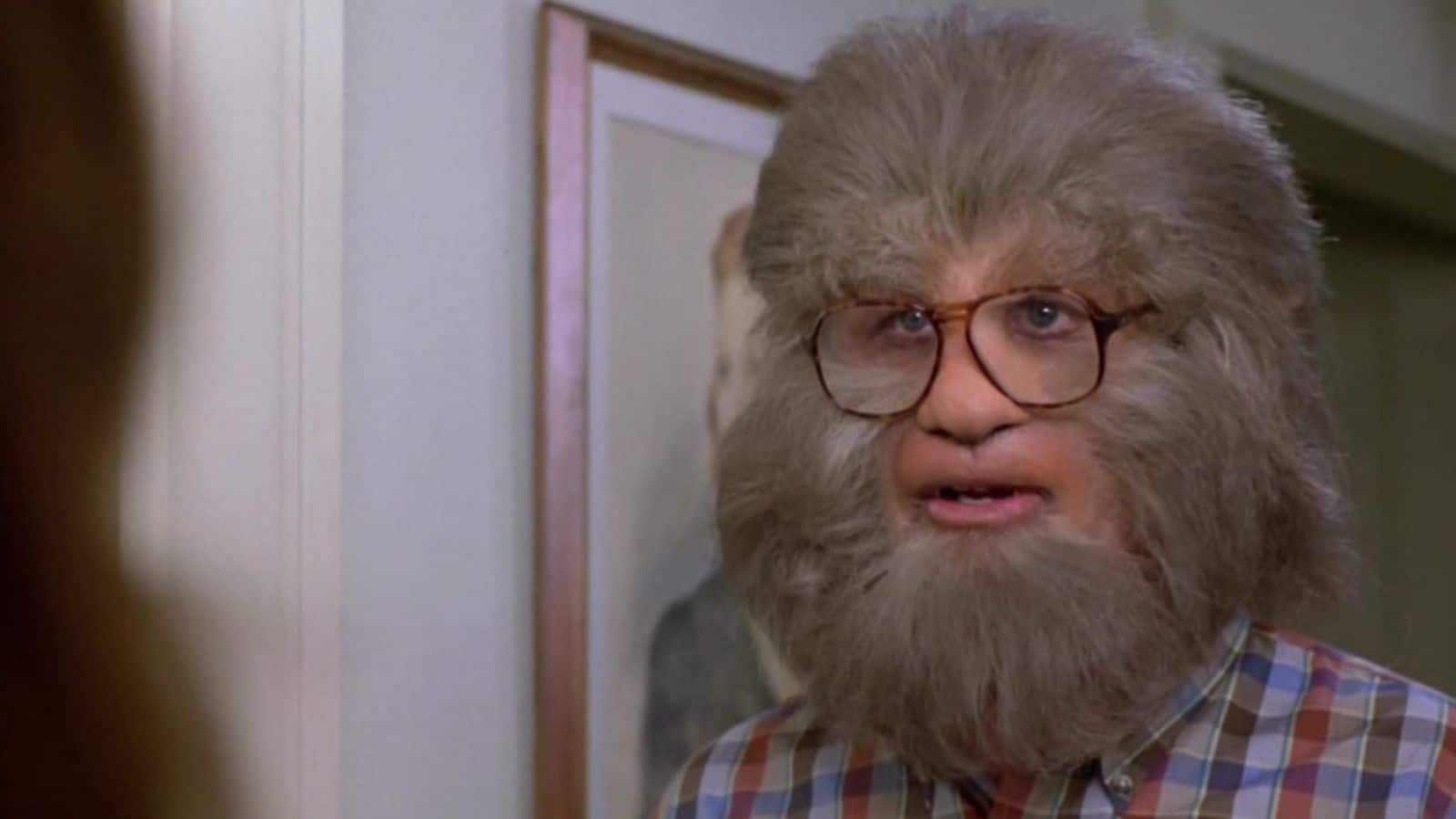
Directed by Rod Daniel in 1985, the comedy-fantasy film “Teen Wolf” revolves around a high school boy discovering his identity as a werewolf. While once a popular hit, today’s sensibilities and concerns over toxic masculinity render the movie’s production improbable. The portrayal of certain masculine traits and behaviors may now be problematic, reflecting the evolving societal standards that call for more responsible and sensitive depictions of gender dynamics. As a result, the film’s content and themes would face significant scrutiny and necessitate substantial adaptation to align with contemporary values and promote healthier gender representations.
